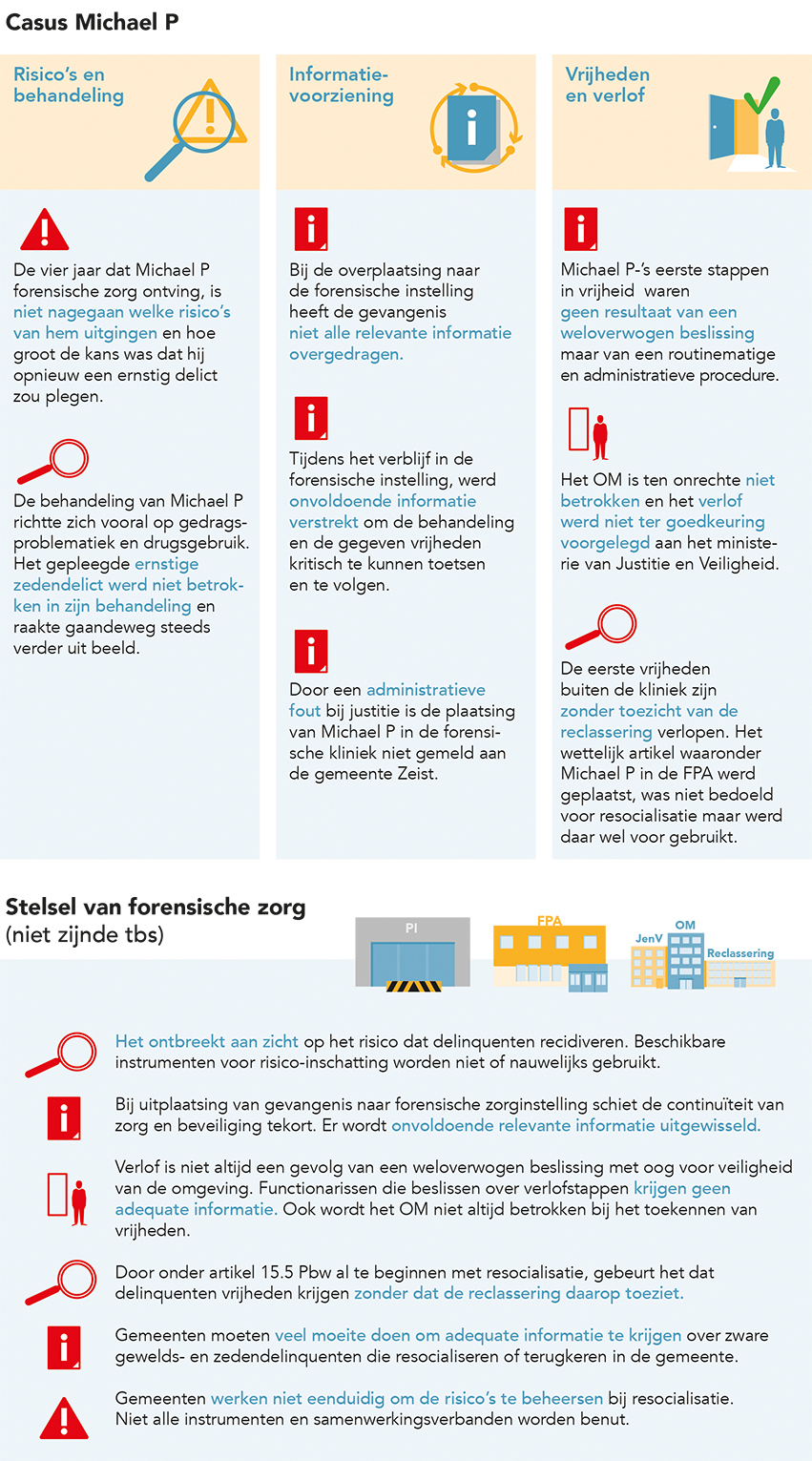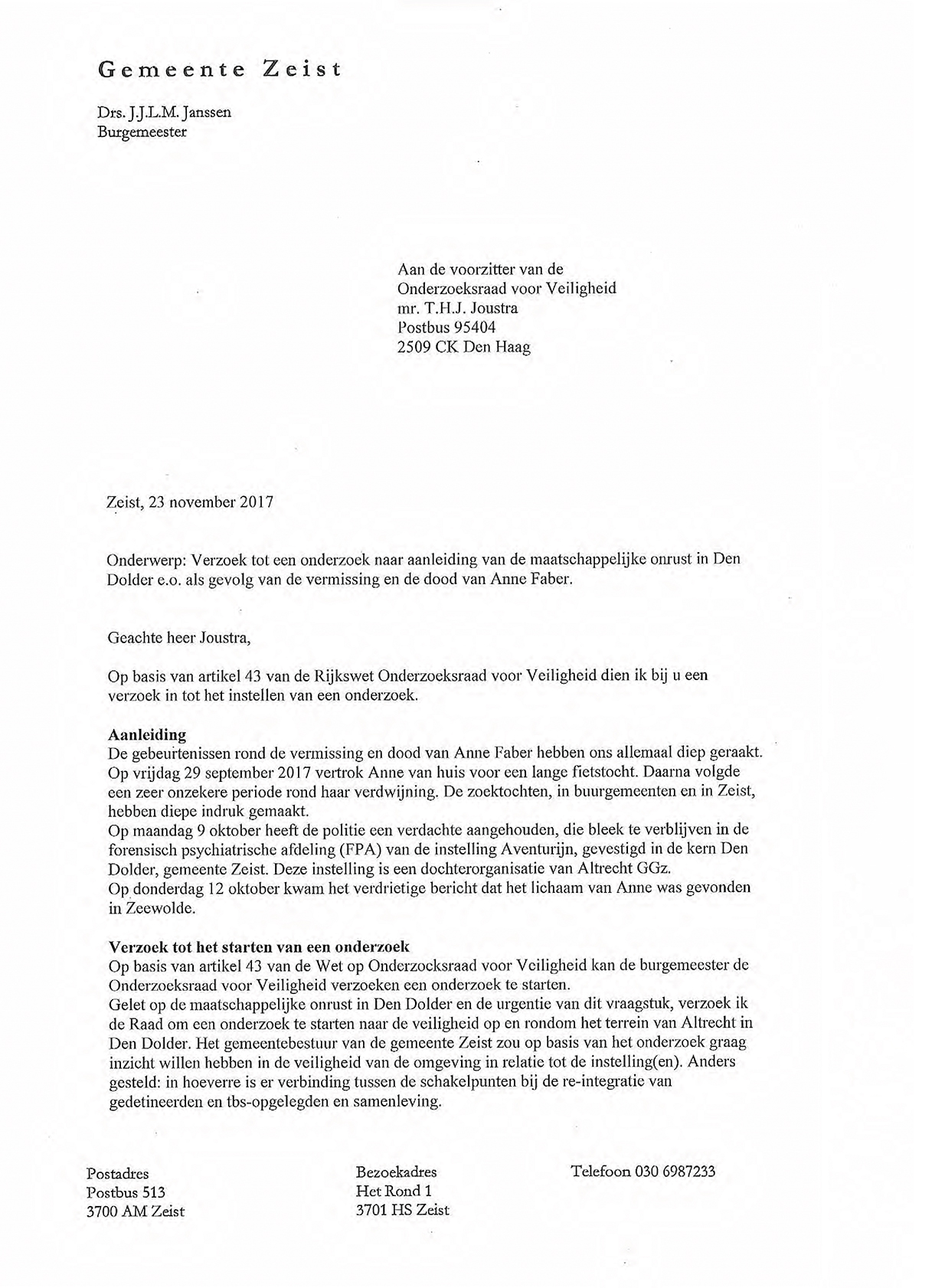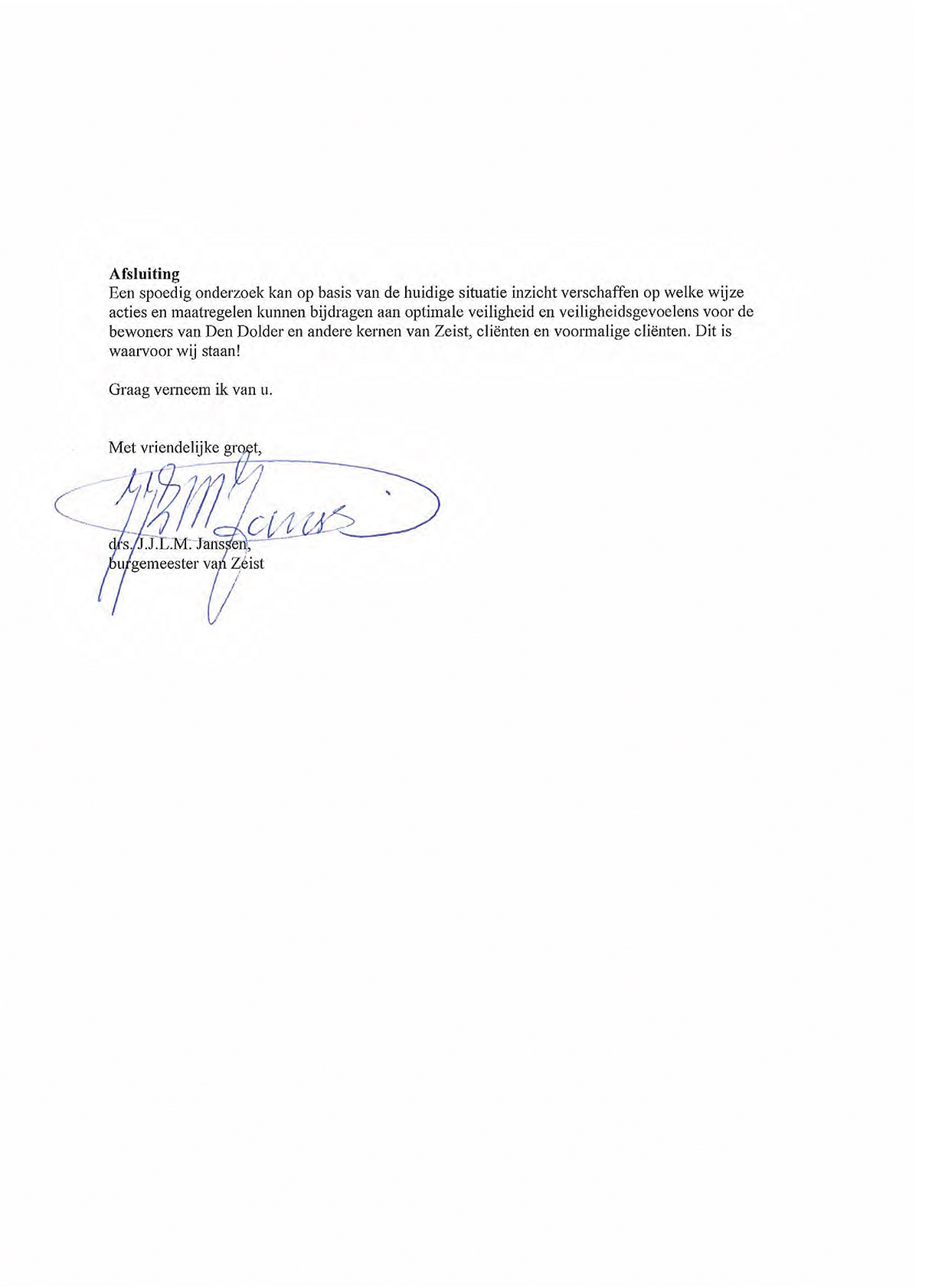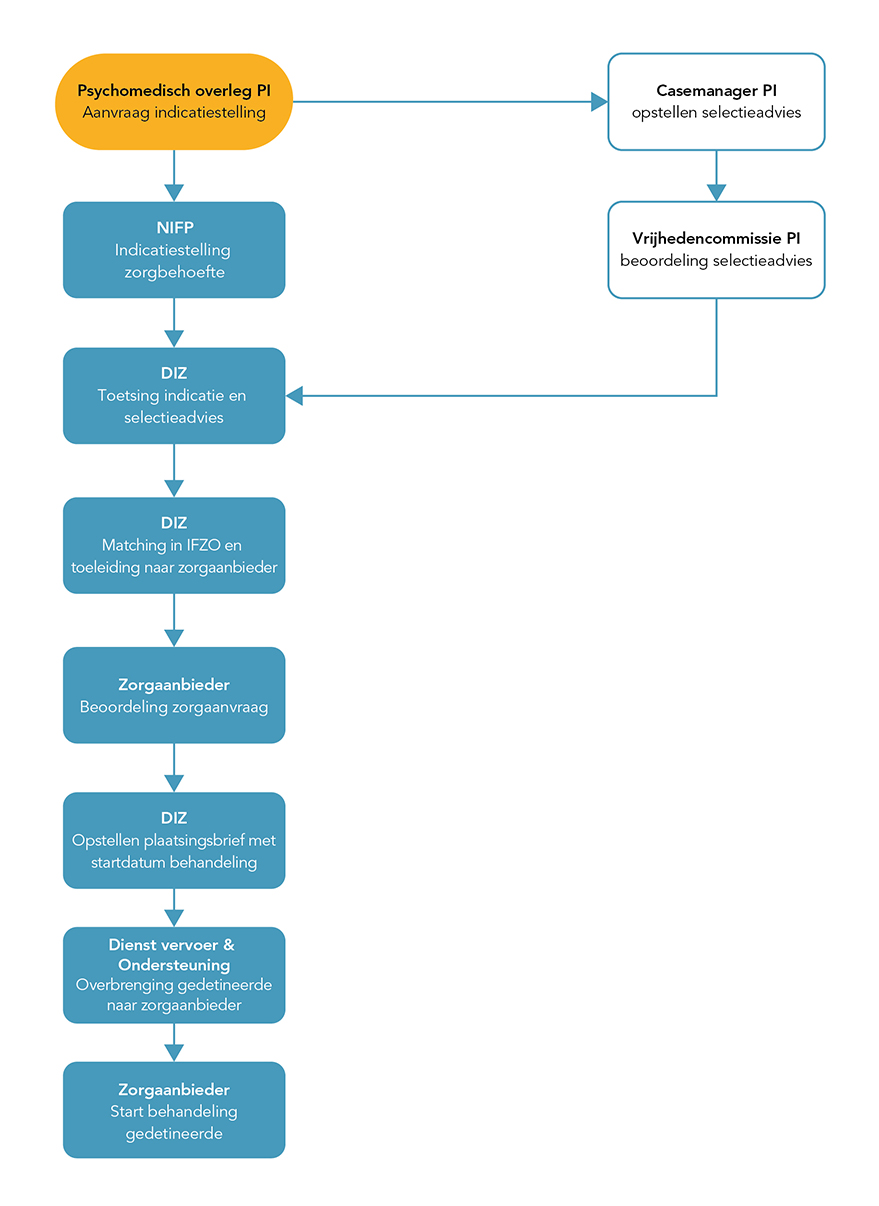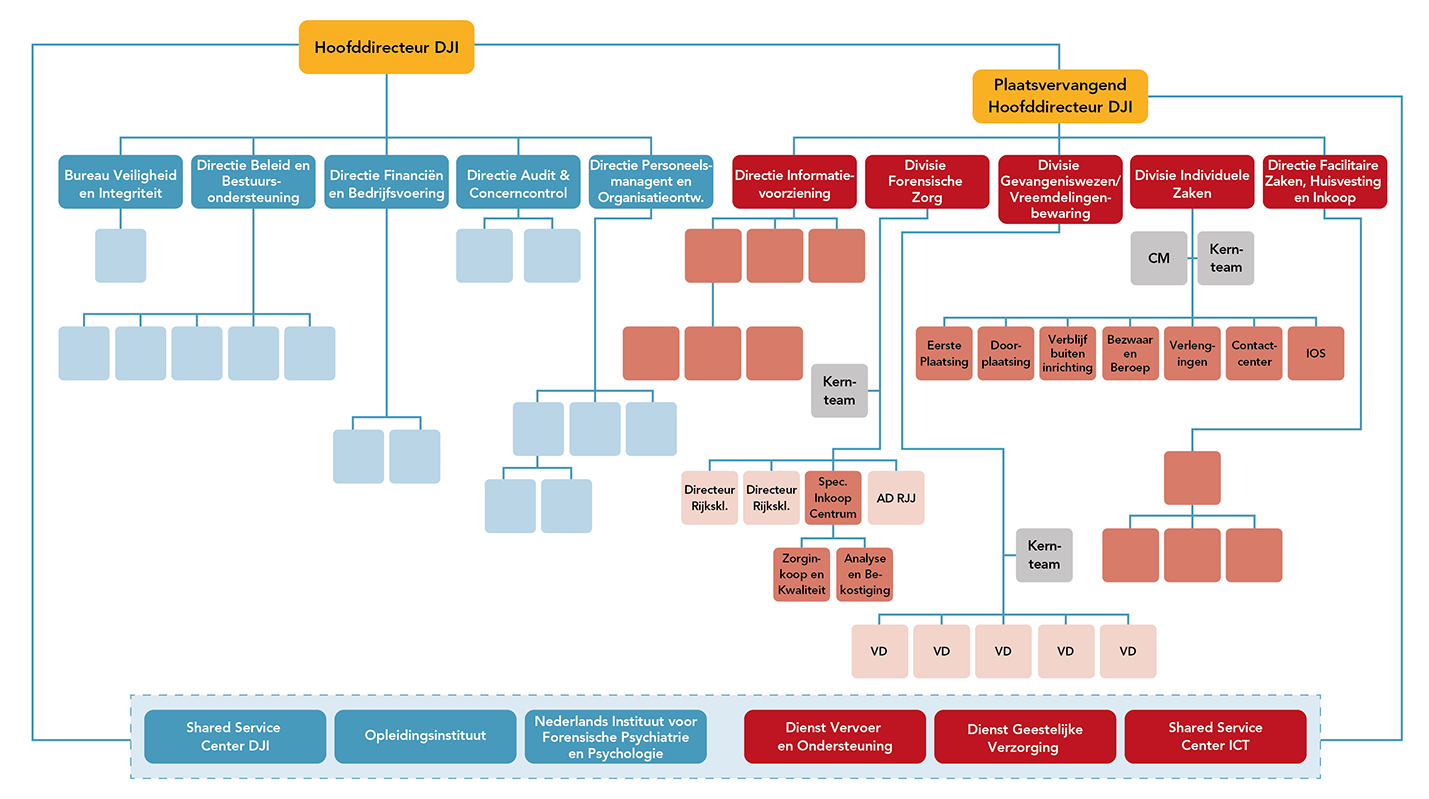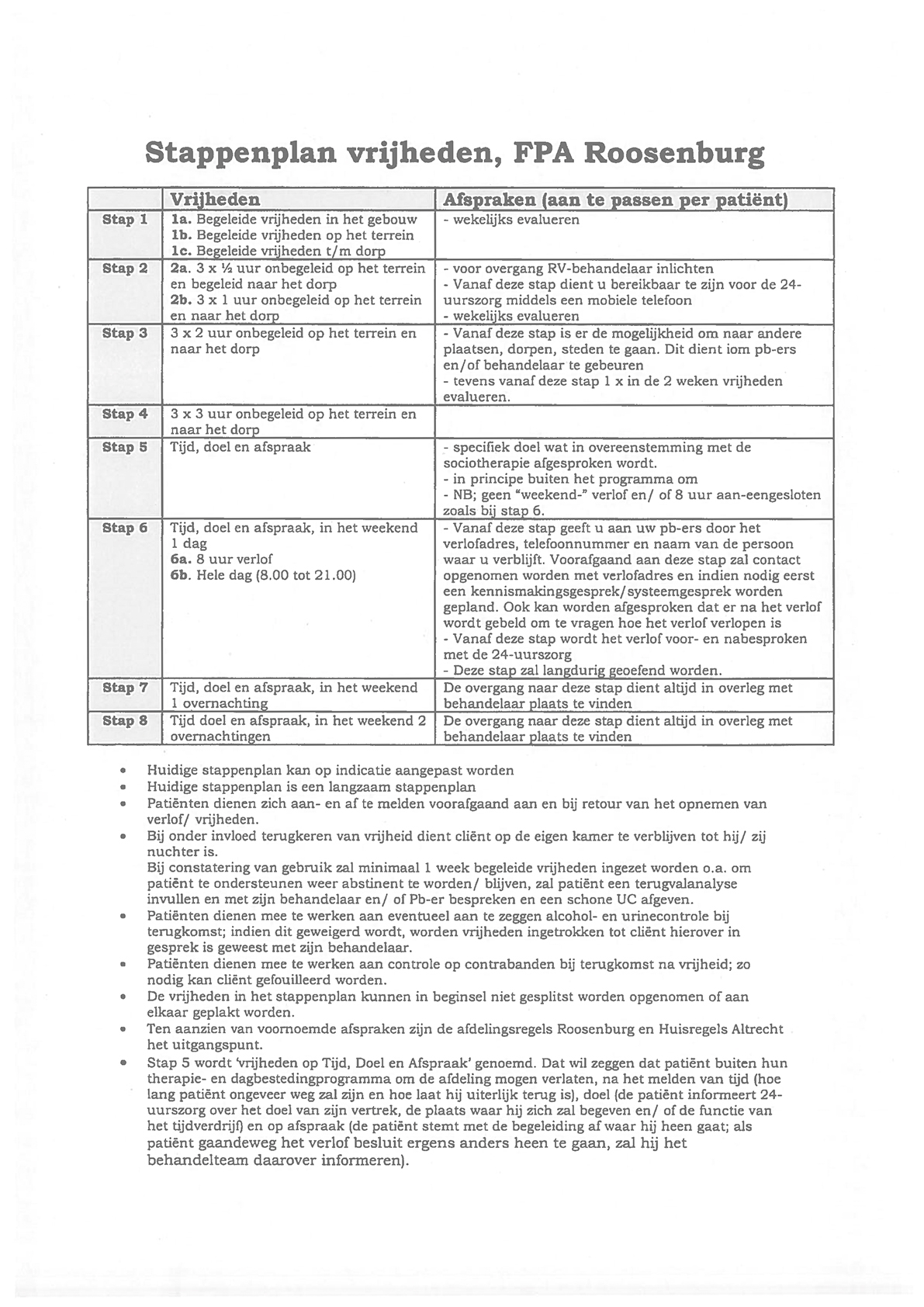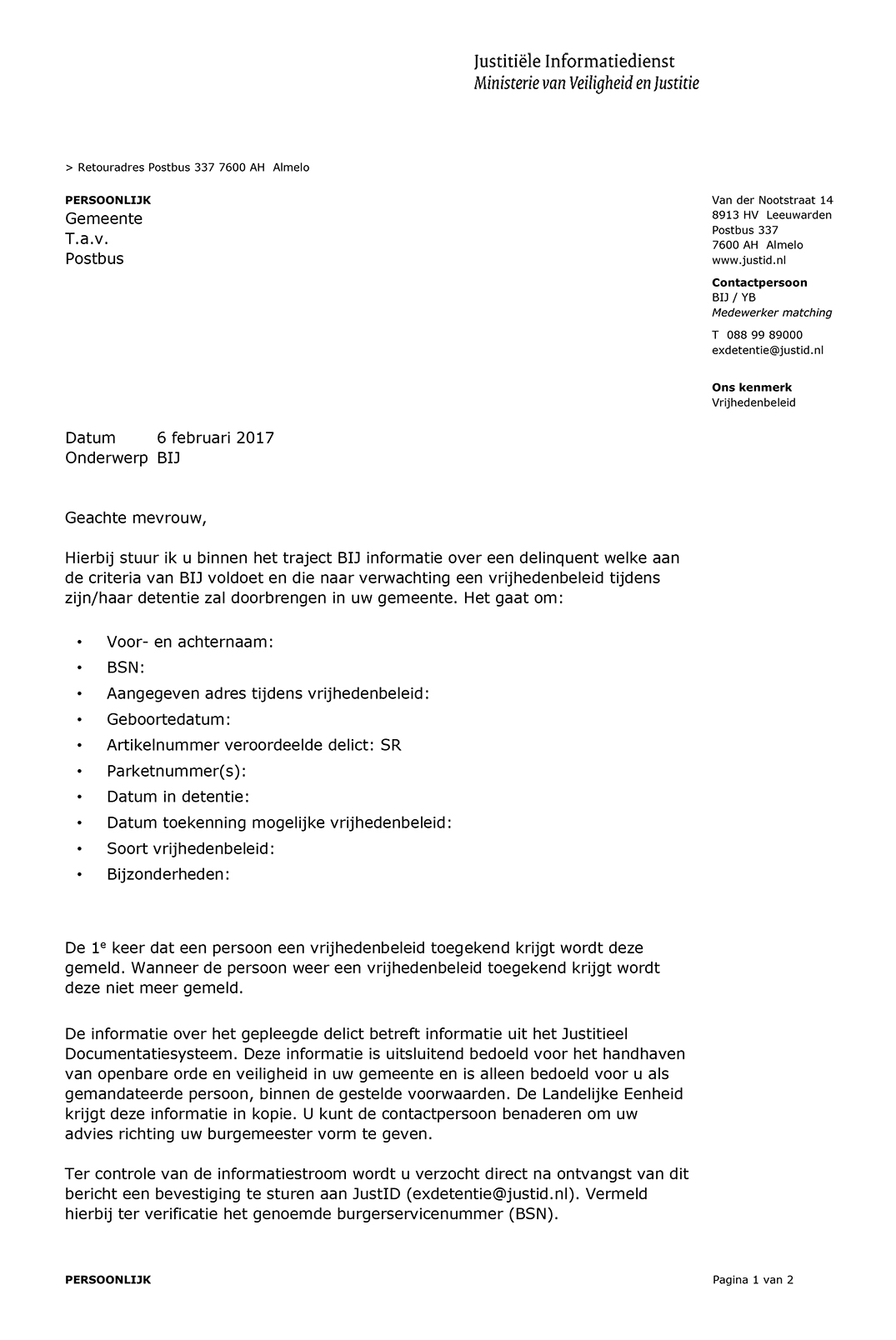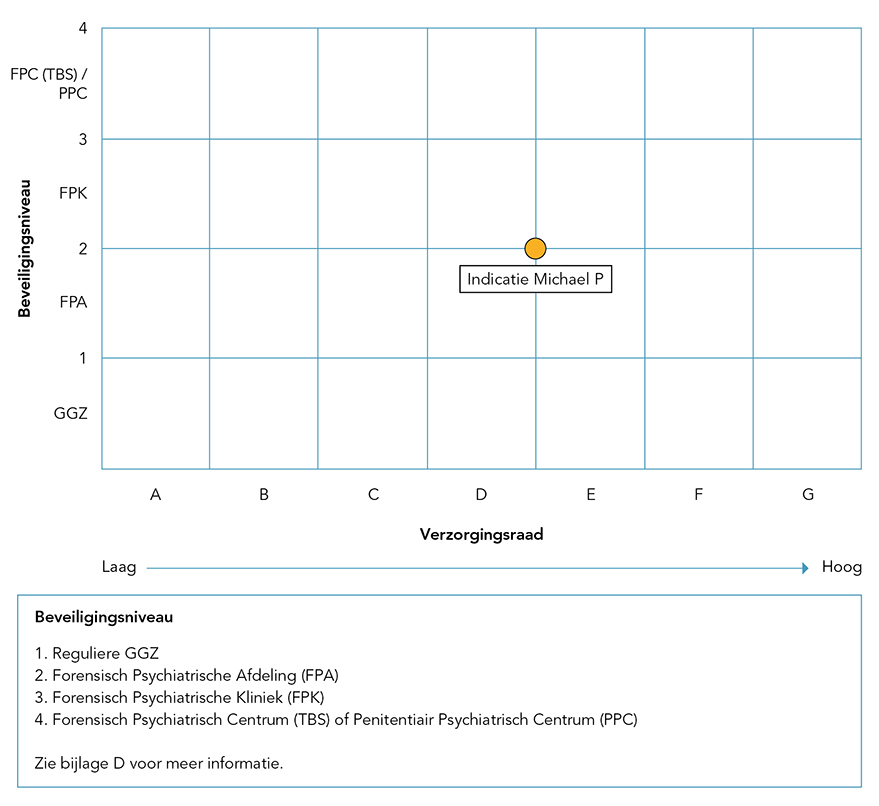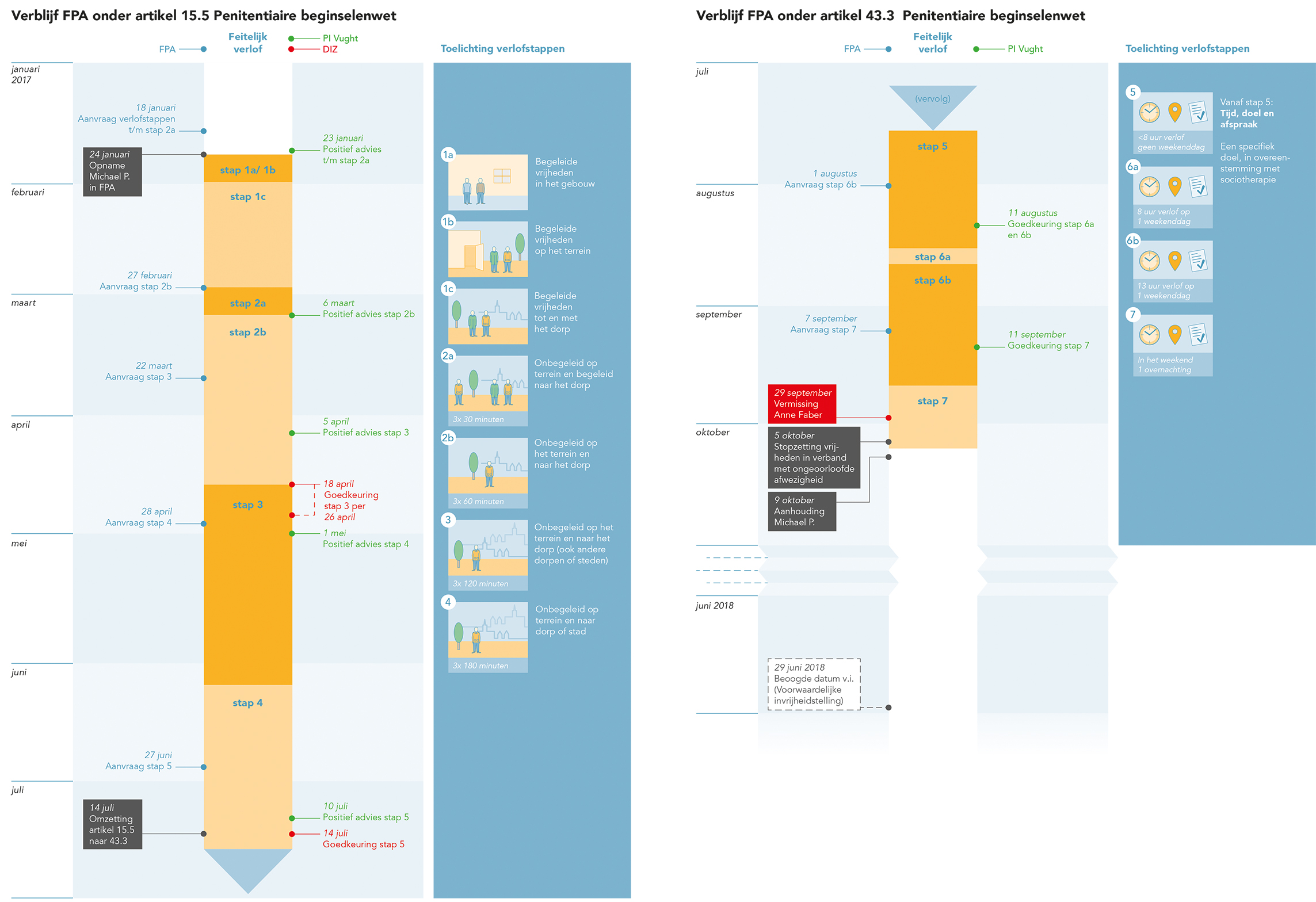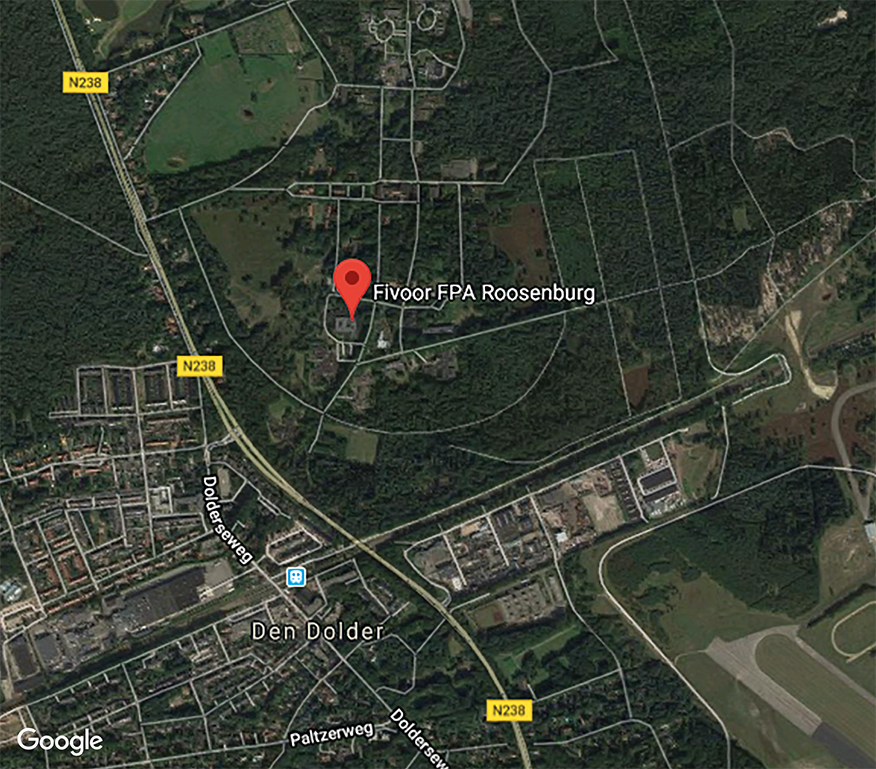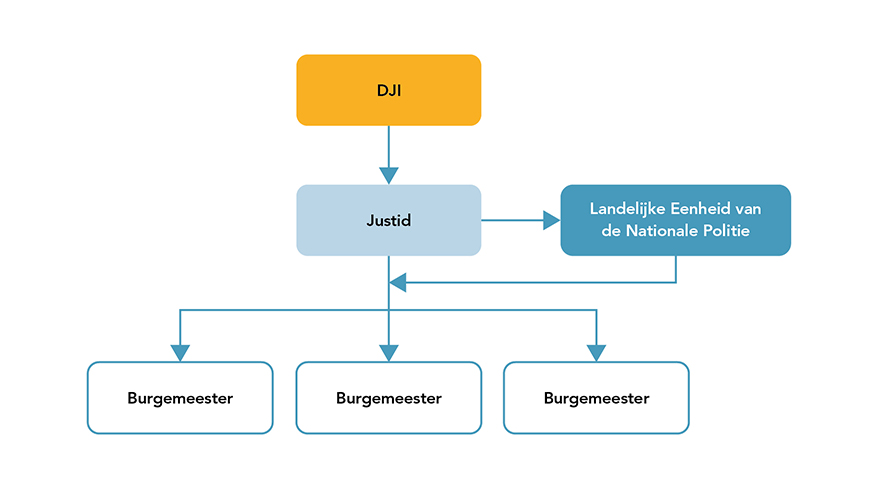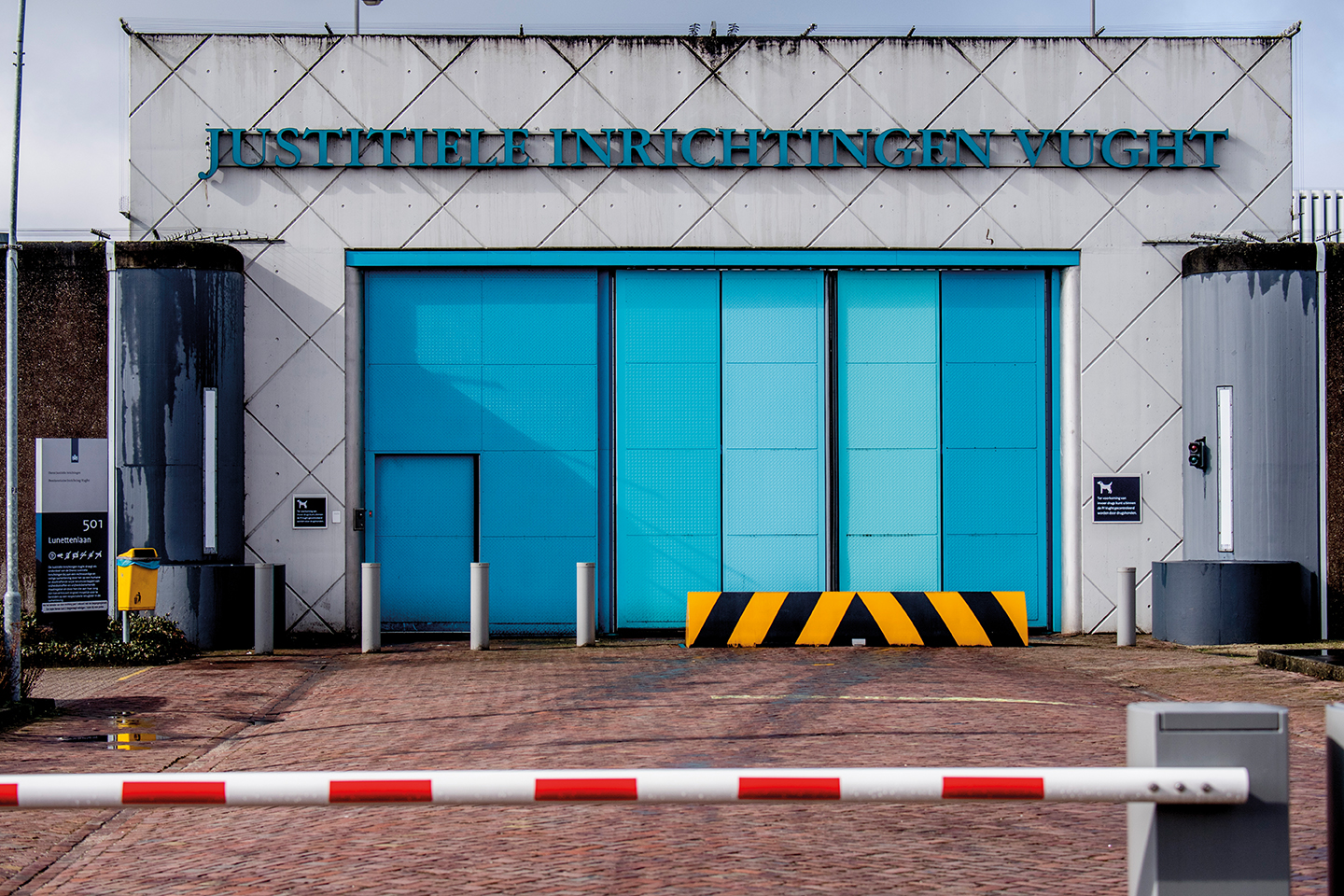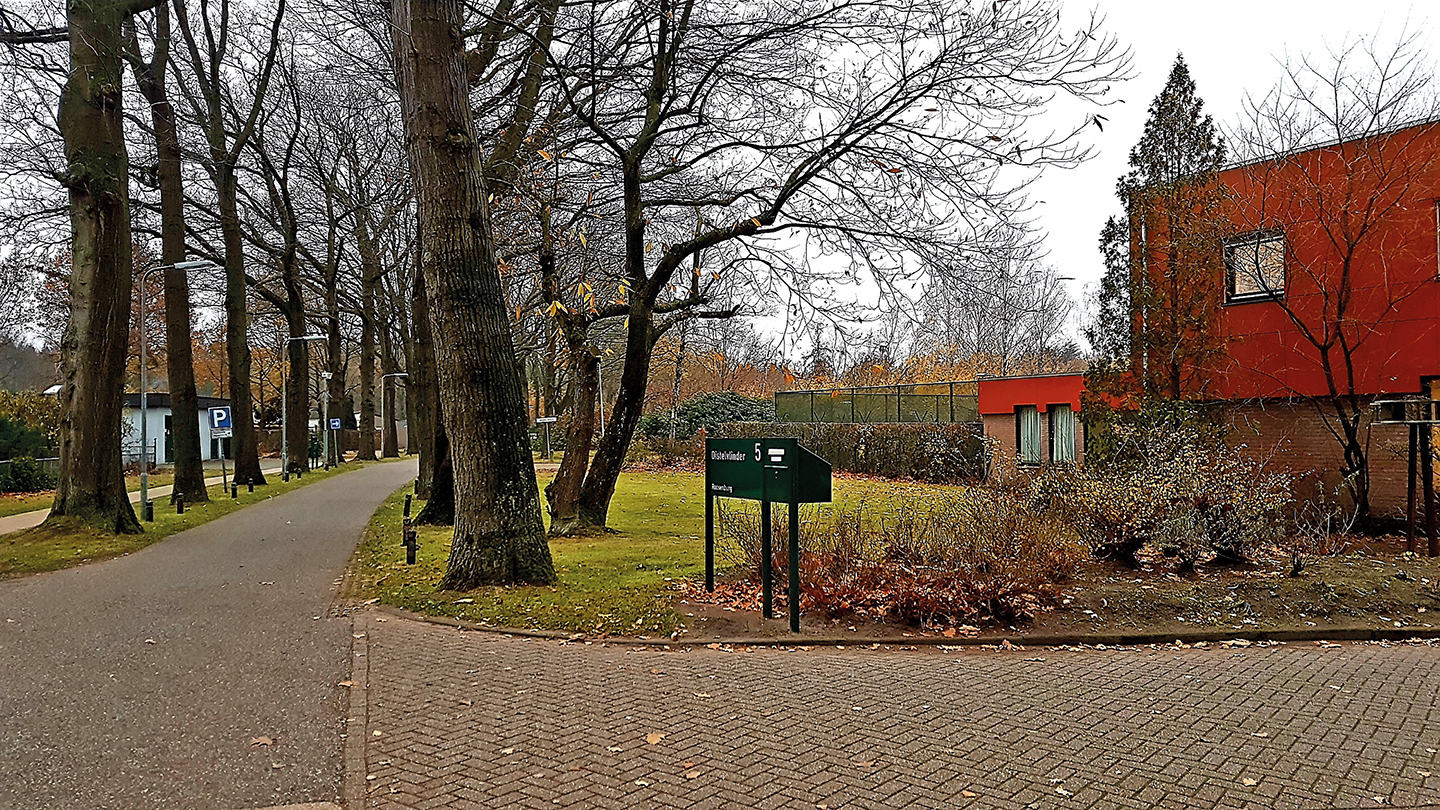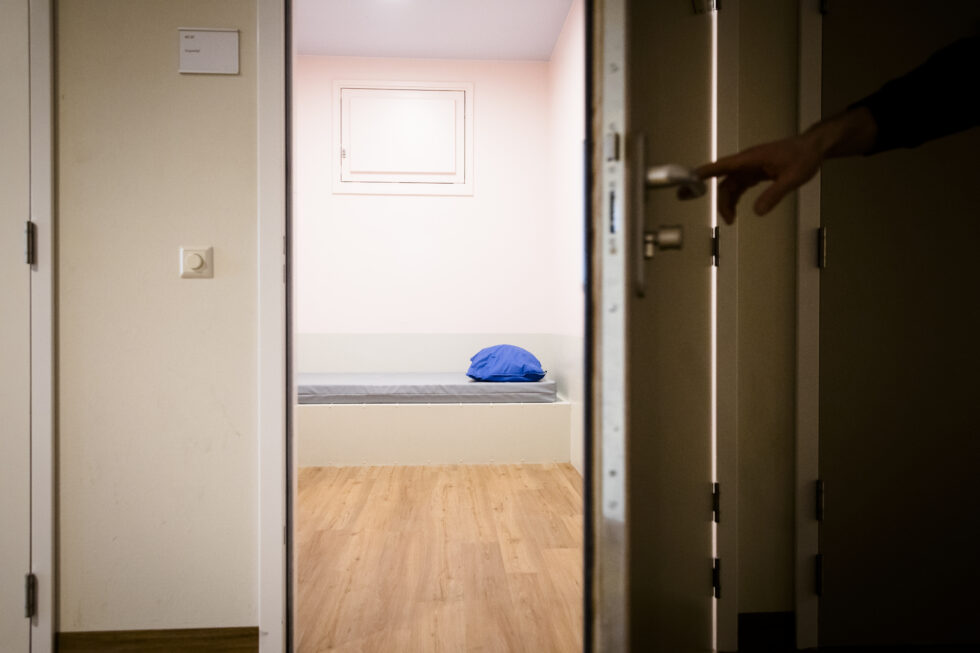
Forensic care and security - Lessons from the case Michael P
Starting on 29 September 2017, the disappearance and death of 25-year-old Anne Faber dominated the news in the Dutch media for weeks on end. The societal unrest built up in Den Dolder after the Public Prosecutor’s Office announced on 12 October that Anne had been raped and killed by one of the residents of a local forensic psychiatric clinic. The Dutch Safety Board investigated how forensic care prepares perpetrators of serious violent and sex crimes for their return to society and how local authorities are involved in this return.
Forensic care and security - Lessons from the case Michael P
The Dutch forensic care system
Forensic care is mental health care that is part of a judicial sentence or measure. Its most important goal is to prevent repeat offences. Because forensic care has two components – care and safety – that can each vary in intensity, the forensic care system has several modalities. The most well-known is tbs, a form of psychiatric detention with involuntary treatment, and distinguishes itself from the other types because a psychiatric detention measure can be extended as long as experts consider the concerned person as too dangerous to be released. The other modalities, which do not have this option, fall under the collective term ‘other forensic care’ (OFZ).
In 2017 the person that killed Anne Faber was in Den Dolder under treatment at a Forensic psychiatric unit (FPA), one such type of other forensic care. The Safety Board examined this case to get a picture of how other forensic care works in practice.
